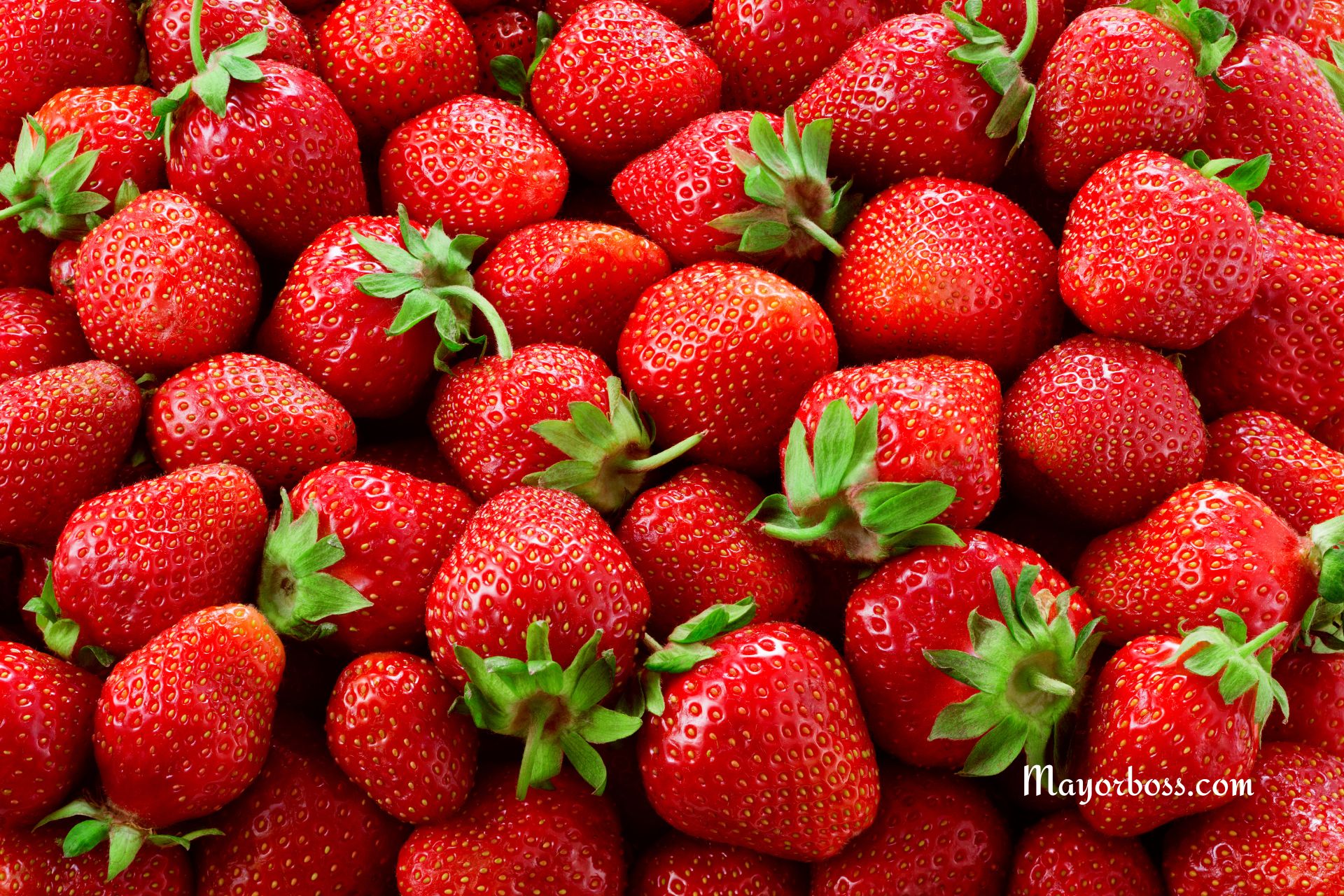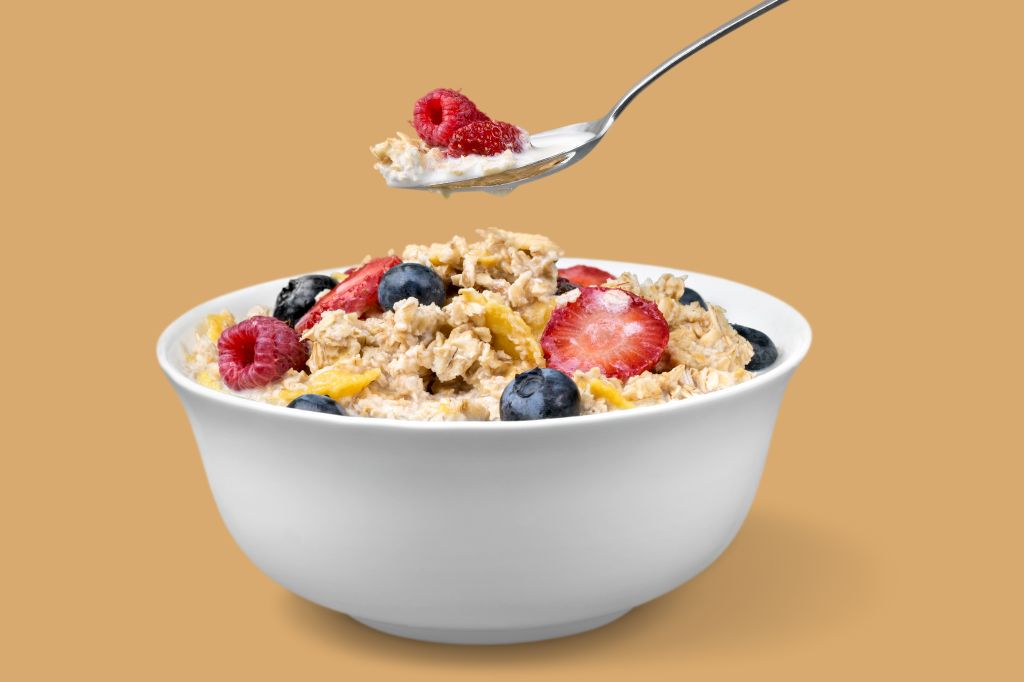7 Health Benefits of Eating Kiwi Fruit
Kiwi fruit, also known as Chinese gooseberry, is a small, oval-shaped fruit with brown fuzzy skin and bright green flesh inside. Although originally from China, it is now widely grown in New Zealand, Italy, Chile, and other parts of the world. This delicious fruit is not only tasty but also has numerous health benefits. Several studies suggest that Kiwi fruit can boost your immune system, improve digestion and help protect your heart health.
Health benefits of eating kiwi fruit
1. Loaded with Nutrients
One of the primary benefits of eating kiwi fruit is that it is absolutely loaded with nutrients. For example, a single kiwi has almost twice as much vitamin C as an orange. Vitamin C is essential for maintaining a healthy immune system, as well as for healthy skin, teeth, and gums. It also acts as an antioxidant, helping to protect the body against harmful free radicals. Moreover, kiwi contains vitamin K, which helps with blood clotting and is necessary for strong bones. Besides that, it also has vitamin E, folate, and potassium.
2. Aids in Digestion
Another great reason to eat more kiwi fruit is that it is excellent for your digestive system. This is due to the fact that it contains both fiber and digestive enzymes called actinidin. These enzymes can help to break down protein and improve the overall function of your digestive system. As a result, eating more kiwi fruit can help to reduce constipation, bloating, and other digestive issues.
What’s more, the fiber in kiwis also acts as a prebiotic, meaning that it feeds the beneficial bacteria in your gut, promoting a healthy gut microbiome.
3. Supports Heart Health
Kiwi fruit is an excellent source of potassium, a mineral that is essential for heart health. Potassium helps to regulate blood pressure and reduce the risk of heart disease. One kiwi has 215 milligrams of potassium. Kiwis are also rich in fiber, which can help to lower cholesterol levels and reduce the risk of heart disease.
4. It May Improve Respiratory Health
Believe it or not, eating more kiwi fruit may also help to improve your respiratory health. Since it contains antioxidants and vitamin C, both of which have been shown to reduce the severity of respiratory issues like asthma. In fact, studies have found that regularly consuming kiwi fruit can improve lung function and reduce wheezing in people with asthma.
5. Supports Weight Loss
If you’re trying to lose weight, kiwi fruit can also be a valuable addition to your diet. It is low in calories and high in fiber, which can help you feel full and satisfied without overeating. Moreover, the digestive enzymes in kiwi fruit can also help to break down fat, making it easier for your body to use as energy.
6. Anti-Inflammatory Properties
Kiwi fruit also has anti-inflammatory properties because of its high content of antioxidants, including vitamins C and E. It also contains lutein zeaxanthin beta carotene. According to studies, these antioxidants help to reduce inflammation in the body, which is linked to many chronic health conditions, including heart disease, diabetes, and arthritis.
7. Improves Sleep Quality
If you have trouble sleeping, then kiwi fruit might be able to help. Kiwis contain serotonin and antioxidants that can help to improve sleep quality. Several studies have reported that eating kiwi fruit before bed can help to improve sleep duration and quality.
References
- Richardson, D. P., Ansell, J., & Drummond, L. N. (2018). The nutritional and health attributes of kiwifruit: A review. European Journal of Nutrition, 57(8), 2659-2676. https://www.ncbi.nlm.nih.gov/pmc/articles/PMC6267416/
- The effect of kiwifruit consumption on blood pressure in subjects with moderately elevated blood pressure: a randomized, controlled study. Blood pressure, 24(1), 48–54. https://pubmed.ncbi.nlm.nih.gov/25483553/
- Lin, H. H., Tsai, P. S., Fang, S. C., & Liu, J. F. (2011). Effect of kiwifruit consumption on sleep quality in adults with sleep problems. Asia Pacific journal of clinical nutrition, 20(2), 169–174. https://pubmed.ncbi.nlm.nih.gov/21669584/






